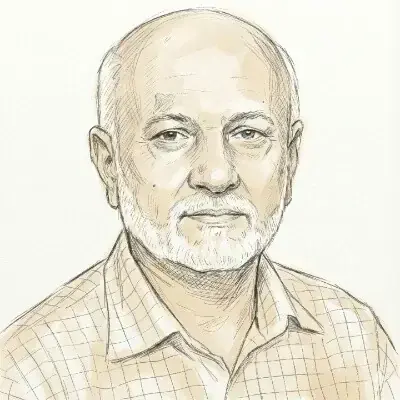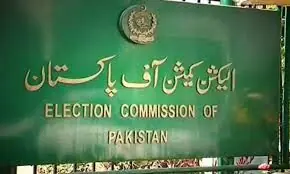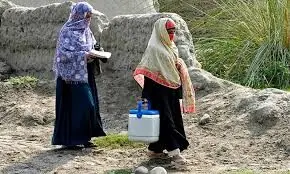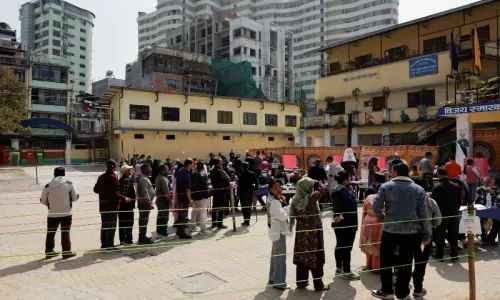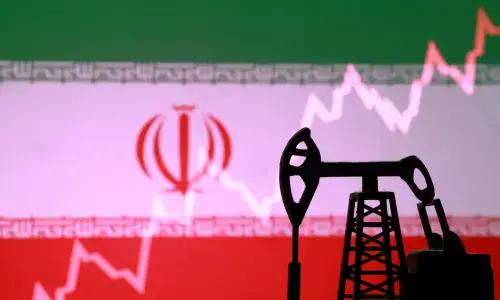ISLAMABAD: Ghost schools in Pakistan result in leakage of billions of rupees and exacerbate the high levels of frustration experienced by the overlooked, neglected and disenfranchised youths.
Such schools also represent lost opportunities for progress of millions of children, says the ‘Global Corruption Report’ released by the Transparency International (TI) on Tuesday.
The report says that despite decades of intervention by the World Bank, Asian Development Bank, Unesco and many other international multilateral institutions, corruption in Pakistan has contributed to bringing public sector governance mechanisms close to collapse. The education sector is severely affected by corruption, threatening the quality of more than 150,000 government-supported schools across the country.
The schools also known as ‘shadow schools’ were perpetuating cycles of abject poverty, child labour and unemployment and compounded poor performance in education indicators.
Over half of the Pakistani children do not have access to education and the country is projected to have the largest out-of-school population, of 3.7 million, in the region by 2015.
The report says that ghost schools and other means of corruption in the education sector are currently a low-risk, high-return activity, which could be facilitated by a network of corrupt actors positioned in strategic posts.
Such practices must be urgently addressed to protect the future of 21 million students in the world’s sixth most populous nation. No effort or resources should be spared to give the future generations the opportunity to rise from poverty, fully equipped to face the challenges of tomorrow for a more prosperous Pakistan.
Political will is the first prerequisite for change, yet corruption in education is so pervasive that it permeates the highest ranks in the country. While education may not be valued by all at the highest levels of government, across all provinces in Pakistan demand for high-quality education is strong. Giving the children the education they deserve will require transforming political will through continued media attention and community involvement, according to the report.
Addressing ghost schools requires strengthening of accountability, and this includes holding school heads to account if payments are found to be going to non-existent teachers. It might entail depositing salaries directly into the banking accounts of teachers, making it easier to verify who is receiving funds, says the report.
It has also been recommended that government auditors visit each school annually and certify the school’s physical existence, with verification by independent third parties. Improving accountability can also mean drawing on the resources outside the education sector for collaboration. The report says the phenomenon of ‘ghost schools’ ranks as the most troubling. So-called ghost schools exist on government rosters, but provide no services to students, although the teachers or administrators assign to these schools continue to receive salary. Corruption has undermined the reputation of the education sector in many countries. Almost one in five people worldwide paid bribes to education services last year while in the poorest countries the number rises to one in three, the report states.
One overarching recommendation of the report is the need to reach a better understanding of education as an essential tool in itself in the fight against corruption. The social role and value of the school and the teacher must be placed at the forefront of education policy and anti-corruption efforts. National policy-makers should see the teacher as a role model and the school as a microcosm of society and train teachers to teach by example.


